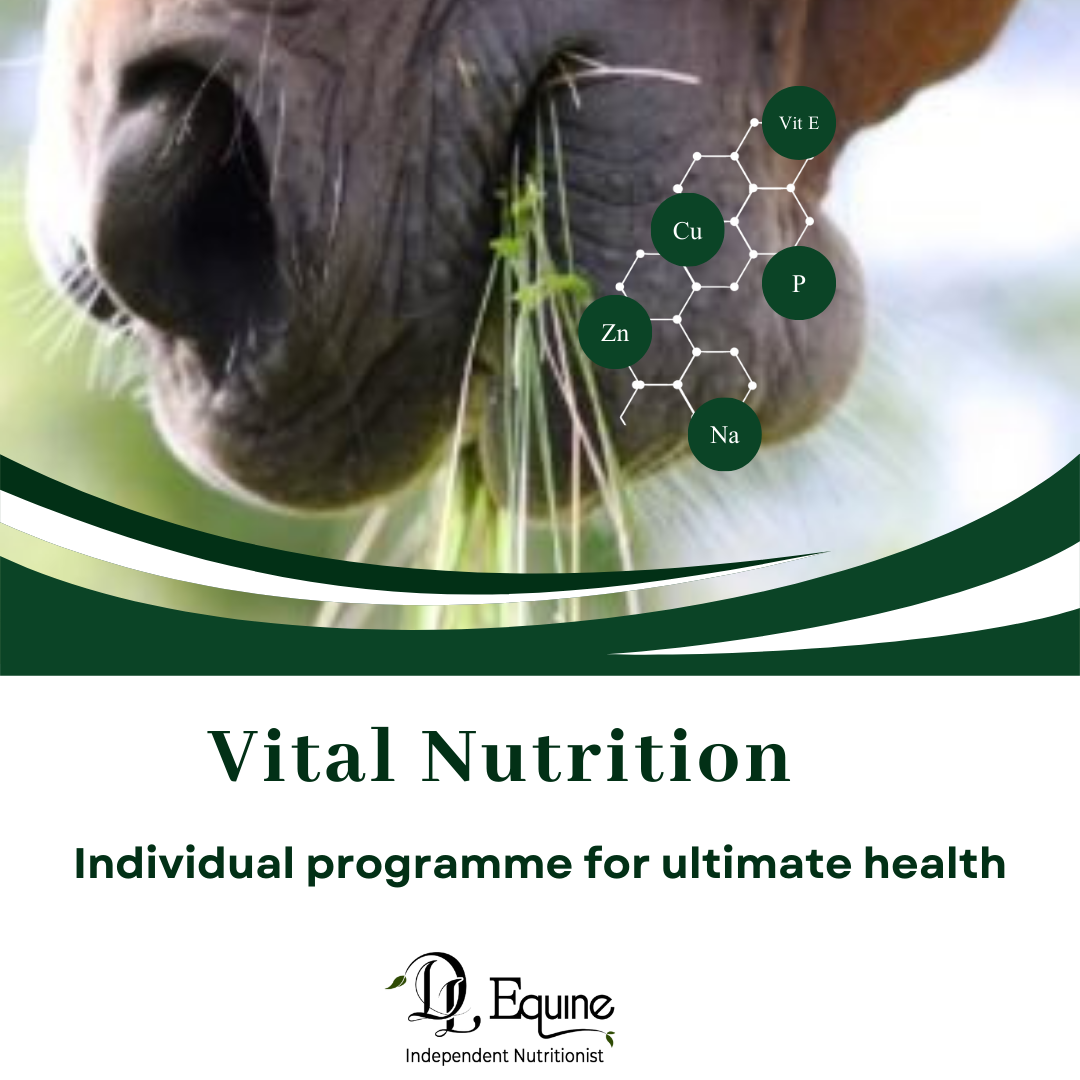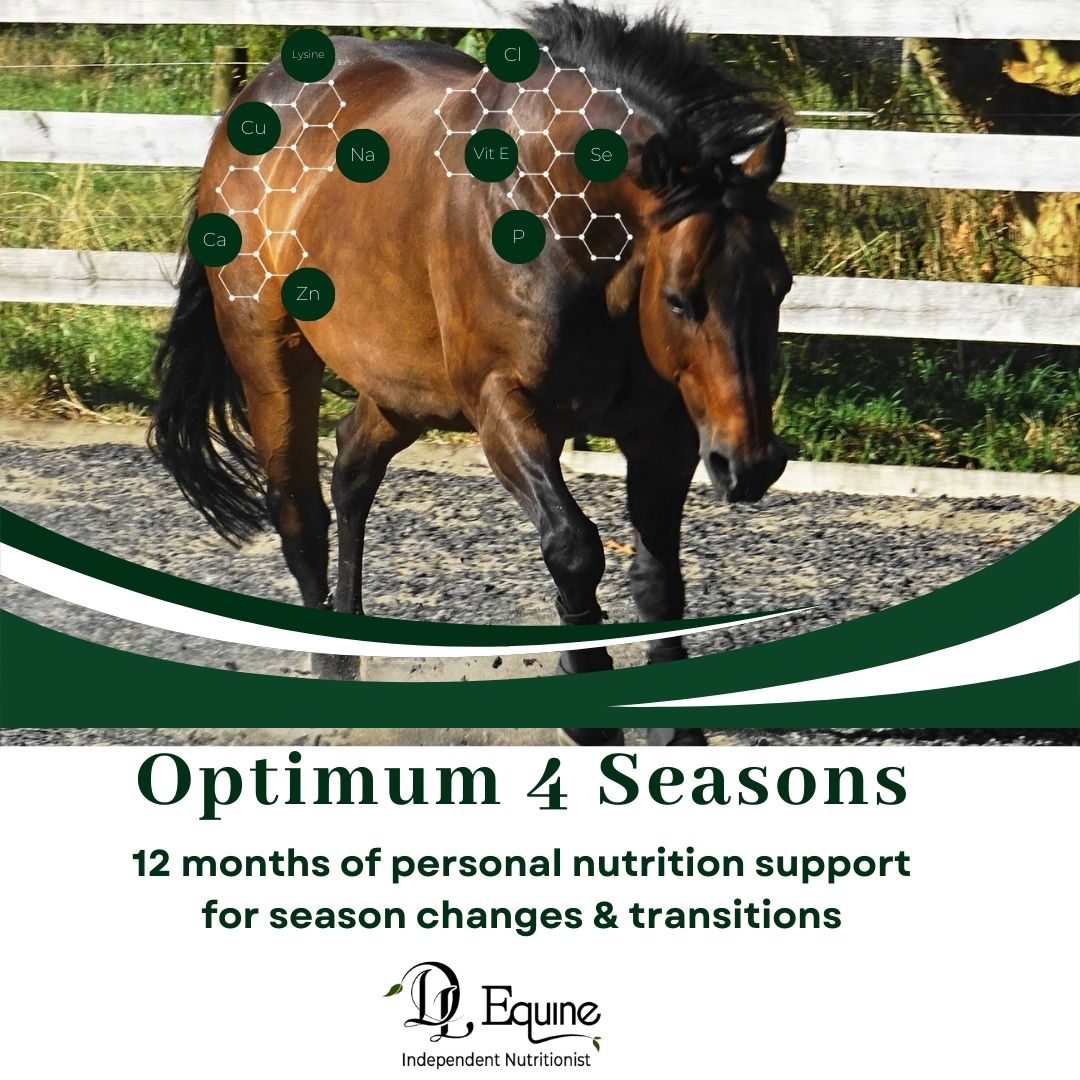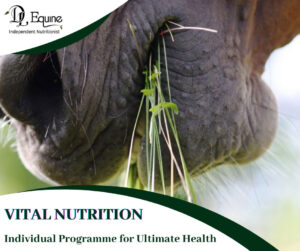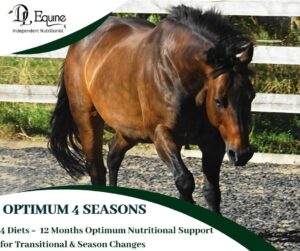If it is spring or autumn where you live and you are having a grass flush you may be experiencing the flow on effects from this when anything that will upset your horses behaviour seems to happen right now. I get the issues, I don’t want to ride a springing pogo stick either!
However what Im about to talk about may be a bit contentious for some, and that’s the fact that I don’t believe in sedating a horse for the sake of riding.
Now most people here would say ‘of course not don’t be ridiculous’…but many don’t realise due to the fabulous marketing machine in horse supplements that using the gold old ‘natural herbs’ are in fact sedation!
You may not know but I have a Certificate in NZ Animal Welfare Legislation and also 2 qualifications in Equine Herbal Medicine (via Australia). This gives you an idea that horse welfare is a strong driving ethic in my work.
So lets talk herbs…
Being herbivores, the feeding of herbs can most definitely have a place in our horses nutrition programmes, with many health benefits. Herbal medicine remains the oldest and most used form of medicine on the planet today.
However there are many things to consider such as the legal facts –
MPI Website informs;
Most agricultural compounds need to be registered under the Agricultural Compounds and Veterinary Medicines (ACVM) Act 1997. An agricultural compound is;
“any substance, mixture of substances, or biological compound, used or intended for use in the direct management of plants and animals, or to be applied to the land, place, or water on or in which the plants and animals are managed, for the purposes of—
(paraphrasing here)
o Maintaining, promoting, or regulating plant or animal productivity and performance or reproduction; or
o Fulfilling nutritional requirements; or
o Preventing or treating conditions of animals; or
o anything intended to be used as feed for animals: and any substance, mixture of substances, or biological compound declared to be an agricultural compound for the purposes of this Act by Order in Council”.
However, some compounds or products are exempt from registration because they pose little risk when they are imported, manufactured, sold, and used properly.
While exempt agricultural compounds can be imported, manufactured, sold, or used without registration, they must still meet the conditions in the ACVM (Exemptions and Prohibited Substances) Regulations 2011. Exemptions apply to a product type or group, not individual compounds or products. A complete list of exempt product types and groups, and the conditions that apply, is in the regulations.
o If a product fits the definition of a compound that is exempt from registration, it can be imported, manufactured, sold or used without any additional regulatory approval. Because these definitions are general, they are open to interpretation.
Oral and topical herbal preparations are exempt registration.
Herbal Facts 101:
Herbs contain a complex range of naturally occurring vitamins, minerals and chemicals (phytochemicals) that have a unique biological activity.
Many of our modern pharmaceutical drugs come from isolating the unique compounds found in herbs. A great example is the common human painkiller aspirin: this has been developed specifically from the chemical found in the willow tree bark which is salicylic acid.
The difference when using a herb is that you get no potentially nasty side effects of single drugs and all the benefits of combining all the effective compounds held in the whole plant.
As an example, in the long-term use of NSAID for pain relief such as Phenylbutazone (Bute) there can be side effects of the drug which can be very harmful to the horse. The most important ones affect the gastrointestinal tract and occasionally the urinary tract. This drug acetylsalicylic acid containing the salicylates in isolation can cause the gastric bleeding.
However, the long-term use of Meadowsweet for equine pain relief has so far proven extremely safe. Meadowsweet contains salicylic acid which has the anti-inflammatory effects but when given as a whole plant extract these are balanced out with the other ingredients contained in the plant. The result is the complete opposite effect of actually healing gastric bleeding and ulceration!
Please note that the short-term use of bute is most definitely required in many cases.
Buyer Beware!
ALWAYS obtain your horses herbs from a equine qualified herbal practitioner! Many herbs are the basis of modern drugs as mentioned earlier, therefore they contain drug-like components, many of them have the ability to become toxic if fed in the incorrect amount for the wrong reason.
As a qualified practitioner, I would recommend only feeding high potency practitioner only herbal extracts. These are liquid extract forms of the herbs of human medicinal quality, with guaranteed provenance, that are quickly absorbed into the blood stream without having to go through the digestive system.
Dosage methods are non-invasive, as they’re offered orally and quickly accepted by horses. As well as being a more powerful form of herbal treatment, liquid herbal extracts have a longer shelf life (around four years) than dried herbs (around two years).
Herbal treatments typically last for one to three months. For some conditions that need to be managed rather than healed, like osteoarthritis, treatment is ongoing. Herbal extract dosages are usually a very small amount of 5-10 ml per dose, and most horses get used to their herbal treatment quickly.
Lets talk calming herbs. Or those marketed as ‘works holistically’, ‘natural’, ‘placid’, ‘relaxing’…
We must be clear that these can be actual sedatives and as such MUST be used correctly.
I fear we have become so overwhelmed with the many products and label claims, clever marketing, combined with spring behaviour (whether that be due to grass sugars or energy or hormones or all 4) that it has become second nature to reach for something to ‘feed’ our horses to make all the unpleasant behaviour go away.
When the best approach may be to pause, read the label, and consider if feeding or aternative training and learning a new method of handling may be the better option for that horse at that time.
Excerpt from ESNZ site:
The FEI has published a warning regarding the use of supplements (including herbal supplements) and products of which the ingredients are unknown. Any substances which affects the performance of a horse in a calming (tranquillising) or an energising (stimulant) manner and which contain a Prohibited Substance are forbidden. Athletes should also be aware that the use of a calming product during competition may also have important safety consequences.
I feel it is important to note that ‘safety consequences’ are mentioned. The use of calming products are banned for a reason.
The following is a longer extract regarding SAFETY from the FEI:
The FEI lists two motives for putting ingredients on their list:
Performance enhancement
Safety
The USEF advice to its members:
“CAUTION AGAINST THE USE OF HERBAL/ NATURAL PRODUCTS TRAINERS, OWNERS, EXHIBITORS, AND THEIR VETERINARIANS ARE CAUTIONED AGAINST THE USE OF MEDICINAL PREPARATIONS, TONICS, PASTES, POWDERS AND PRODUCTS OF ANY KIND, INCLUDING THOSE USED TOPICALLY.
Persons administering an herbal or natural product to a horse or pony to affect its performance, having been comforted by claims that the plant origin of its ingredients cause it to be permitted by the rules as well as undetectable by drug tests, might have been misled.
The use of herbal and natural products in a horse or pony might result in a positive drug test, i.e., a finding of a prohibited substance, contrary to claims by those who manufacture and/or market such products for profit. The plant origin of any ingredient does not preclude its containing a pharmacologically potent and readily detectable prohibited substance, e. g., cocaine, heroin and marijuana all come from plants.
Although the use of some of these products may not have resulted in positive drug tests in the past, this may change as the USEF Equine Drug Testing and Research Laboratory incorporates new methods into its battery of screening tests, a deliberate and ongoing process.
For the above reasons, the Federation cautions against the use of herbal and natural products.
By definition a drug forces the horse’s brain/body to do something unnatural. So drugs marketed as sedative, tranquilisers and anti-anxiolytics are almost automatically on the list. A good example is a drug called GABA. GABA is a naturally occurring amino acid that works as a neurotransmitter that down-regulates nerve and hence brain function. Most people will be familiar with human drugs that mimic GABA (technically called GABA agonists) because we have all heard of Valium (diazepam) and its herbal equivalent Valerian. We should all be aware that all three of these are on the FEI list.
The ingredients and properties of products to be classified as prohibited are
Valerian **
kava kava **
Passionflower **
skullcap **
chamomile
vervain **
leopard’s bane
night shade
capsaicin
comfrey
devil’s claw
hops **
laurel
lavender
red poppy **
rawuolfia
I have put an ** beside those herbs which are particularly strong sedatives in horses.
At the end of the day you must be safe with handling and riding horses, and although must not use the above in competition, I would recommend may be used strategically in the following example situations:
Young horses new to events/ areas/ competitions (probably unridden)
New to farrier
Vet visit (caution to check with your vet first!)
Stressful situation where a horse stops eating or drinking
Weaning
Fireworks (again caution horse is in an area where it wont attempt jumping out and be unable to due to sedation)
Stressful fence walking
Separation anxiety
A mature horse not coping under pressure or with riding is not a good enough reason to feed a herbal sedative. This is the time to improve our own skills and perhaps learn from the huge array of practitioners and methodologies available both in person and on line, that teach both the horse and us to lower stress levels.
My own thoughts are that herbs can be of amazing aid in horse health.
However they should be used ethically and strategically, with horse use and welfare of primary consideration.






